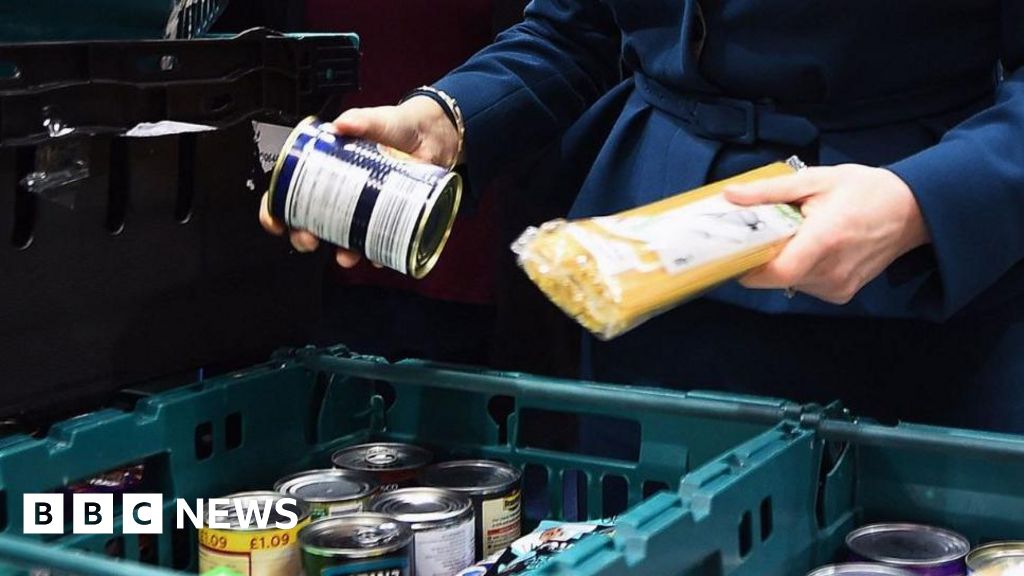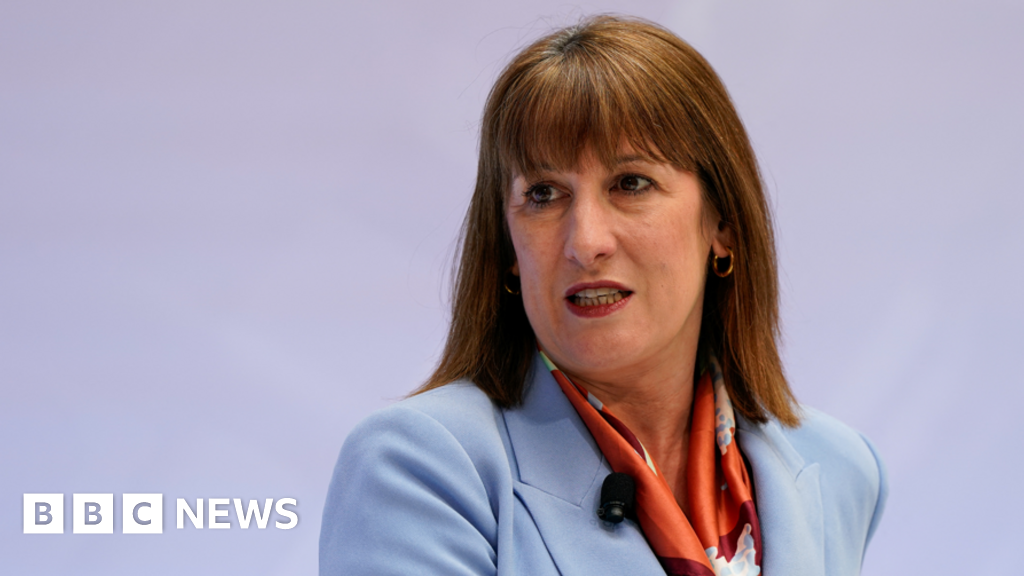ARTICLE AD BOX
By Beth Timmins
Business reporter, BBC News
image source, Getty Images
The UK's Advertising Standards Authority (ASA) is to release new guidance to ensure ads don't mislead people about the environment.
The regulator will be launching inquiries to analyse environmental claims made by companies in sectors such as energy, waste and transport.
It found there's currently "significant scope" for firms to make mistakes.
The ASA will also commission research into carbon neutral and net zero promises made in ads.
The review will be "shining a greater regulatory spotlight" to make sure firms are socially responsible when considering environmental issues.
Recent examples where the ASA found firms misleading customers on environmental credentials include a banned ad campaign by Ryanair in which it claimed to have the lowest airline CO2 emissions.
Food company Gousto were also found to have made false claims that their packaging was "100% plastic free and recyclable" after an ASA ruling last year.
In its research on environmental claims so far, the ASA said it was apparent that the issues encountered when making claims that "touch on the environment can be complex". It said that misleading ads can cause "consumer detriment and harm to the planet".
The watchdog added that "as the scale of the challenge to avoid catastrophic climate change becomes ever clearer, advertising and, by extension, ad regulation needs to play its part in working towards agreed climate goals".
Miles Lockwood, director of complaints and investigations at the ASA, said: "We know that there needs to be systemic, wide scale change in order for the UK to meet the government's climate targets."
"From our track record of strongly regulating environmental claims to today's announcement, we believe that our work will continue to positively influence the fight against climate change," he continued.
Sylvia Rook, one of the lead officers at the Chartered Trading Standards Institute, told BBC: "There are challenges with taking such matters through the courts, particularly with obtaining expert evidence to prove claims are false."
"However, it is important that consumers contact Trading Standards via the Citizens Advice Consumer Helpline if they are concerned about misleading green claims, so that these claims can be investigated and the appropriate action taken, whether that be advising the business or taking more formal action," she added.
'Accurate information'
Welcoming the plans, James Martin, director of policy at the British Chambers of Commerce industry body said: "The BCC is fully behind the UK's drive to Net Zero, but this must of course be done in a sensible way."
Mr Martin said that "honest businesses" must have "accurate information on which to plan and act," in order to achieve the UK's net zero targets.
"We welcome this step as a propionate action that will help businesses to get that information".
image source, Getty Images
The Competition and Markets Authority (CMA) also made it's own announcement on Monday, which included publishing a "Green Claims Code" to help businesses comply with the law.
The CMA also warned that it "stands ready to take action against offending firms" and will conduct a full review of misleading green claims early next year.
'Rampant greenwash'
Andrea Coscelli, chief executive of the CMA said: "We're concerned that too many businesses are falsely taking credit for being green, while genuinely eco-friendly firms don't get the recognition they deserve."
"Any business that fails to comply with the law risks damaging its reputation with customers and could face action from the CMA," he added.
Mark Campanale, founder of the Carbon Tracker think tank, also welcomed the announcement and said it is "high time rampant greenwashing across the oil and gas industry was tackled head on."
In the ASA's research on the impact of carbon pledges, they will also work to understand consumer perceptions of Hybrid claims in the electric vehicle market, consumption emissions from food and claims that packaging is 'recyclable', 'biodegradable' or a "plastic alternative".
Mr Campanale said Carbon Tracker, which studies carbon commitments, has also questioned how oil companies such as Shell, with Net Zero-2050 ambitions, can "honestly intend to achieve them, while committing to expand future gas production".
"One company, BP, has acknowledged that cuts in emissions means absolute cuts in production. It's time others, such as Shell join them - with a recent court ruling in the Hague forcing Shell to slash its emissions 45% by 2030."
Shell did not immediately respond to the BBC's request for comment.

 3 years ago
60
3 years ago
60








 English (US) ·
English (US) ·